 |
| Image: iStock |
A VPN has several uses including unblocking videos that you can't access in your region, as well as keeping your online activity private
As so many people around the globe are stuck at home in an effort to reduce the number of people catching coronavirus, there's a much greater demand for the services of a VPN.
What Is VPN?
It stands for Virtual Private Network. A VPN provides an encrypted connection between whatever device you are using - a phone, laptop, PC or tablet and the internet.
You might think your connection is already secure, but that's only true when you visit certain websites, such as your bank.
VPN Gives You Privacy
Without a VPN, your internet service provider (ISP) can see exactly which websites you're visiting. They can't see the content you're viewing, but for many people, this is already a breach of privacy.
With a VPN, the connection from your device to one of the VPN provider's servers on the internet is encrypted. And this means no-one - not even your ISP - can spy on you and seeing what you're up to.
Does A VPN Make You Anonymous?
Many VPN services also talk about how they make you anonymous online. That's true so long as you don't log into a website where your account contains personal details because, quite obviously, signing in with your username and password tells the website exactly who you are.
Anonymity is really about stopping your ISP and other third parties - such as governments - from identifying and tracking you.
Is It Legal To Watch Netflix With A VPN?
The other reason to use a VPN is so that you can watch video that's not available in your country or region.
The way this works is that the VPN provider offers servers in lots of different countries. When you use the VPN app, you choose which server to connect to. And when connected, any websites you visit think you are located where the server is.
You can pick a US server and Netflix (or any other website or service) will think you are in the US and allow you to use the service as anyone else in the country. And this means you can watch content that is usually only available to US residents.
The same is true of other services, including YouTube and Amazon Prime Video.
You may simply want to watch content that you are ordinarily entitled to watch. For example, BBC iPlayer is only available to view if you are located in the UK, but you may be abroad on holiday or on a business trip.
A VPN lets you get around these geographical restrictions. Check out our recommendations for the best VPNs for streaming if this is your primary reason for using a VPN.
Getting to the question of legality, people often confuse a company's terms and conditions with what is lawful. Breaking the terms and conditions is not the same as breaking the law. For example, the Ts & Cs may say that you are not allowed to use a VPN to access the service in order to watch content that isn't available to you otherwise.
But doing so does not break the law in most countries and therefore is not illegal. Immoral, maybe, but not illegal. At worst, your account could terminated, but we're not aware of Netflix or any other service doing this.
Instead, they actively crack down on VPN services and block access. This is why it's a good idea to pick a VPN service with a) 24/7 customer support and b) multiple servers in each country so there are options if some of their servers lose access to streaming services.
How Much Does A VPN Cost?
Typically, subscribing to a VPN will cost you less than the price of a pint of beer per month.
There are always deep discounts on VPNs available, so long as you subscribe for a year or longer. Avoid rolling monthly contracts as these are expensive at over £10 / $10 per month.
We've tested dozens of VPN services and our top picks are NordVPN and ExpressVPN, but you can find alternatives in our round-up of the best VPN services.
Using a VPN is very easy, but if you want a step-by-step guide, check out our tutorial: How to use a VPN.
How Safe Is Incognito Mode?
If you're worried about privacy, you might be tempted to use your web browser's private or Incognito Mode. But even if you do, your internet service provider (ISP) will still know - and record - all the websites you visit.
Those sites may not show up in your browsing history, but they are still tied to your IP address, which is unique to the device you’re using (such as your phone or laptop) and can therefore be traced back to you.
If you don’t like the sound of that, you should use a VPN whenever you use the internet.
In the US, this has become even more of a reason to use a VPN, after the Senate voted to remove broadband privacy rules that prevented ISPs from selling or sharing web browsing data without permission.
Yes, you read that correctly: US ISPs can sell your web browsing data to advertisers without asking you first.
What Other Uses Are There For A VPN?
Even if you’re not too concerned about this, you should use a VPN whenever you connect to public Wi-Fi. That's because unlike home Wi-Fi, most public networks aren't password protected. This is very bad for security because it means the connection between your device and the hotspot is not encrypted so pretty much anyone with basic software can intercept any data sent across that connection.
However, if you connect to a VPN server on that device, the VPN connection is encrypted so your data is safe from snoopers.
Using a public Wi-Fi network for shopping or anything else which requires your financial details without protecting yourself with a VPN is almost like leaving your door unlocked at home - you’re making it easy for a thief to steal from you.
Another use for a VPN is to bypass ISP restrictions such as throttling when downloading files using peer-to-peer (P2P). By using a VPN, your ISP can’t tell what you’re doing and the throttling won’t kick in.
Finally, you can decrease your ping time in some online games by using a VPN to connect to a server in the country in which the game is based.





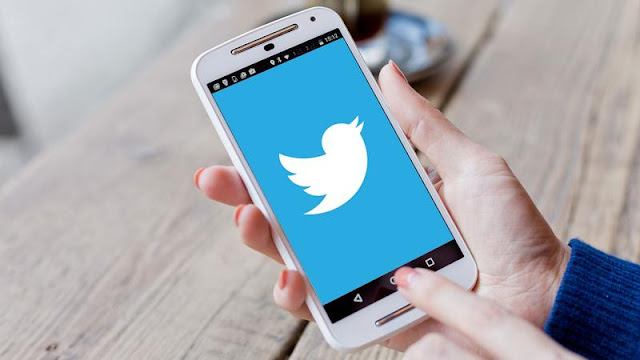
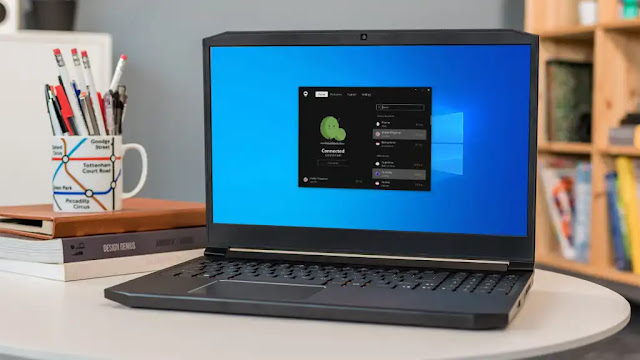
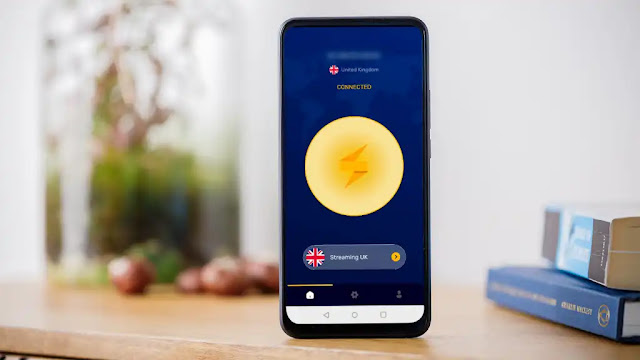
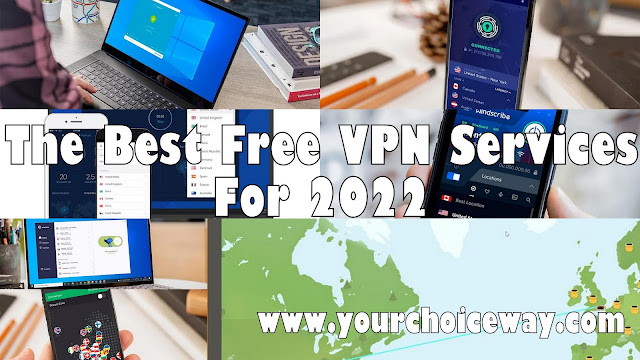

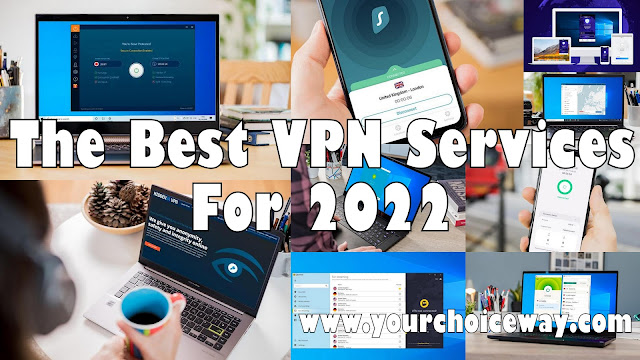

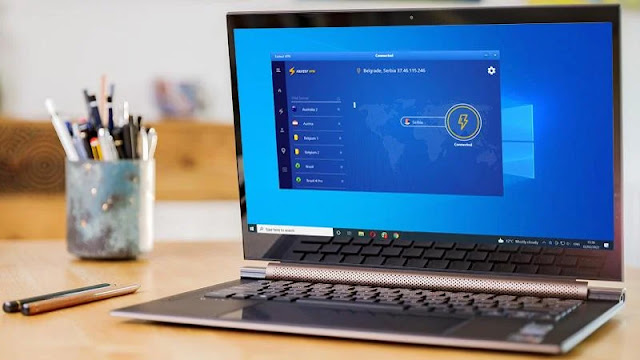

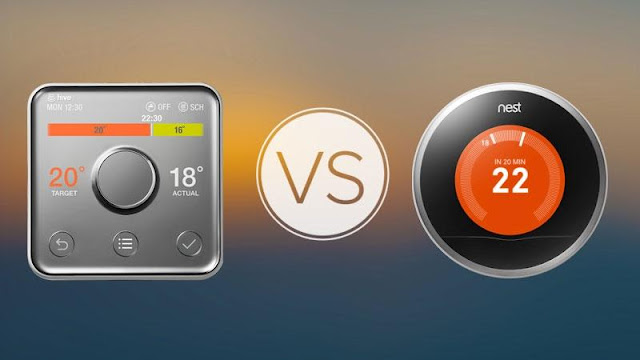


0 comments:
Post a Comment